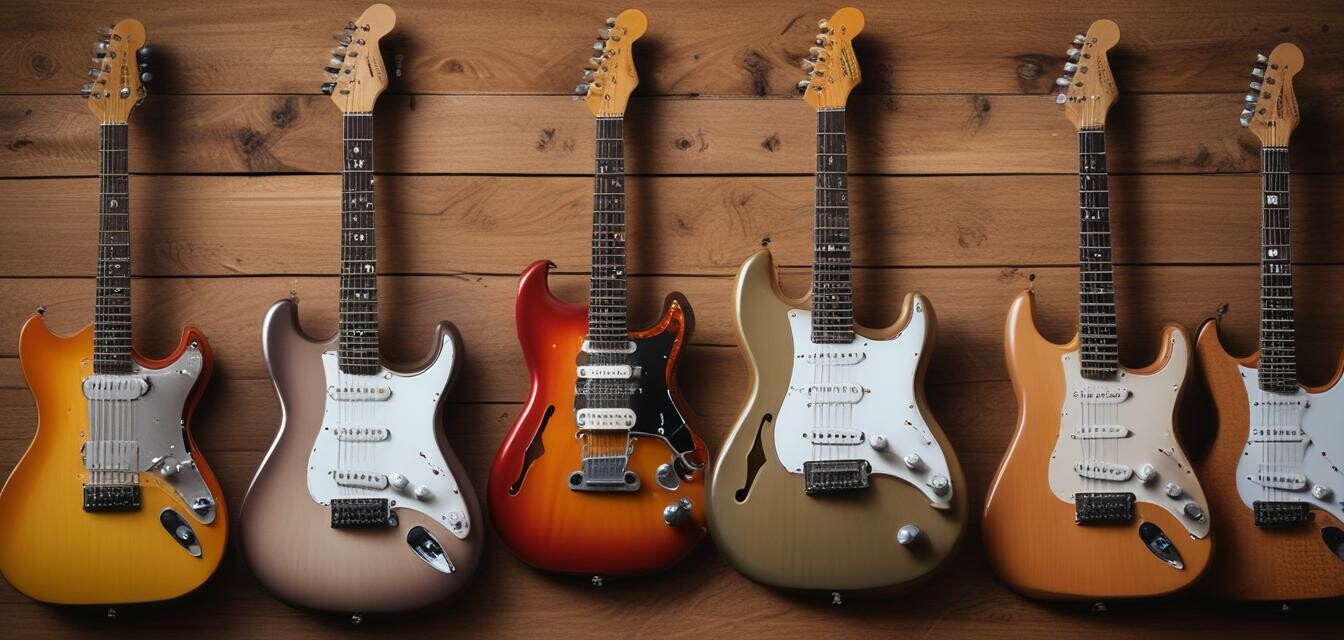
How to Evaluate the Value of Used Fender Guitars
Key Takeaways
- Assess the condition of the guitar thoroughly.
- Verify the authenticity through serial numbers and logos.
- Research current market trends and demand.
- Consider upgrades or modifications made to the instrument.
- Check for included accessories and original packaging.
Buying a used Fender guitar can be one of the best decisions for any musician, whether you're a beginner or a seasoned pro. However, the process of evaluating the value of these instruments requires careful consideration. This guide provides comprehensive insights on what to look for when determining the value of used Fender guitars.
Why Evaluate Used Fender Guitars?
Fender guitars, renowned for their quality and craftsmanship, can often be found in various conditions. Evaluating their value ensures you’re getting the best deal for your money. Proper assessment not only helps you avoid overpaying but also aids in understanding the instrument's worth if you ever decide to resell it.
What to Look For When Evaluating Used Fender Guitars
1. Condition of the Guitar
The condition of a guitar plays a crucial role in its value. Here are key factors to consider:
| Condition | Description |
|---|---|
| Mint | No signs of use, perfect condition. |
| Excellent | Minor wear, no significant defects. |
| Good | Signs of wear, but fully functional. |
| Fair | Visible wear and tear, may need repairs. |
| Poor | Significant damage, not fully functional. |
2. Authenticity
It's vital to confirm that the used Fender guitar is authentic. Here are steps to verify:
- Check the serial number against Fender’s database.
- Inspect the logo for any signs of fakes.
- Investigate the materials used; genuine Fender guitars use specific woods and hardware.
3. Market Demand and Trends
Understanding market demand can help better evaluate the price of a used Fender guitar. Key points include:
- Research current prices of similar models online.
- Understand seasonal trends; prices can fluctuate based on demand.
- Join forums or groups to gauge opinions from other musicians.
4. Modifications and Upgrades
Many used Fender guitars may have undergone modifications or upgrades. Determine how these changes affect value:
- Professional upgrades can enhance value.
- Personal modifications might not appeal to all buyers.
- Restoration work can sometimes lower intrinsic value if not done correctly.
5. Accessories and Original Packaging
The presence of original accessories can significantly enhance a guitar's value. Consider:
- Original case or gig bag.
- Documentation like manuals or the original receipt.
- Extras like straps and picks that come with the guitar.
Final Thoughts
Evaluating the value of used Fender guitars requires attention to detail and market understanding. By focusing on condition, authenticity, market trends, modifications, and accessories, you're better positioned to make an informed purchase.
Pros
- A vast selection of models available.
- Quality craftsmanship renowned in the music world.
- Potential for greater value with the right purchase.
Cons
- Condition may vary greatly among used guitars.
- Risk of purchasing counterfeit products.
- Market prices can fluctuate widely.
Related Resources
For more information on shopping for Fender guitars, consider checking these Buying Guides, where we cover essential tips and best practices. Delve deeper into Fender Electric Guitars or explore our range of Acoustic Guitars to find what suits you best. If you seek to learn about crucial Expert Tips on buying used instruments, we have that covered too!